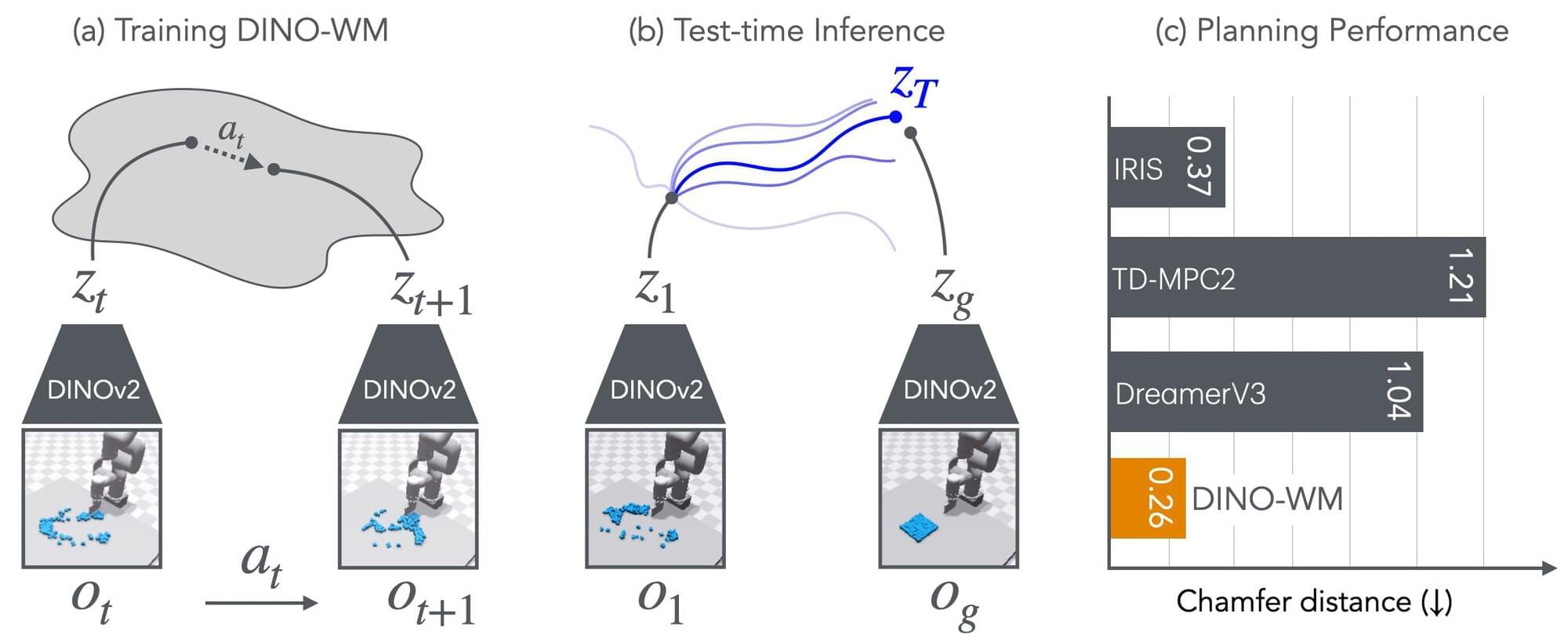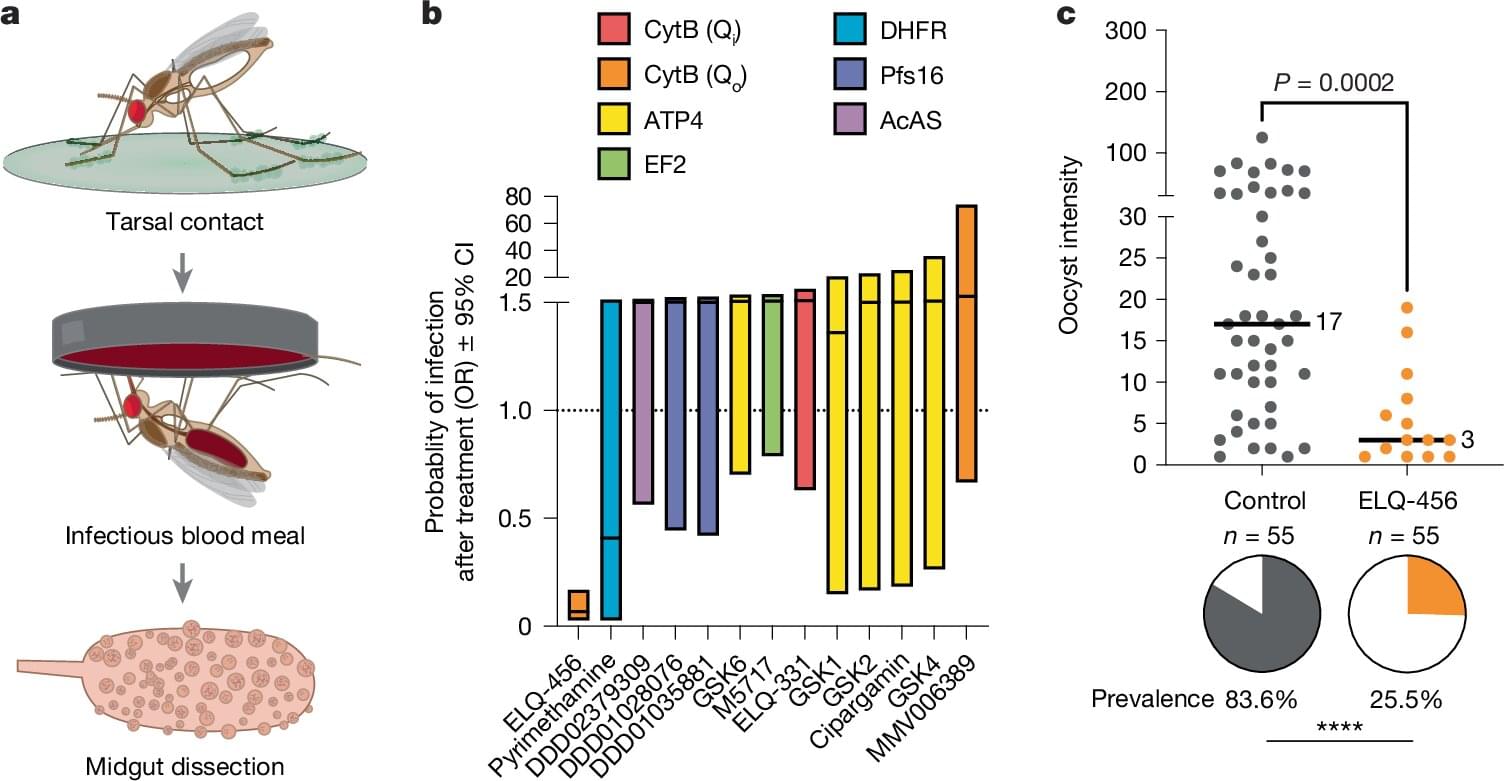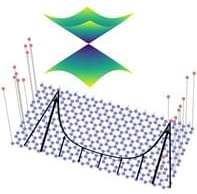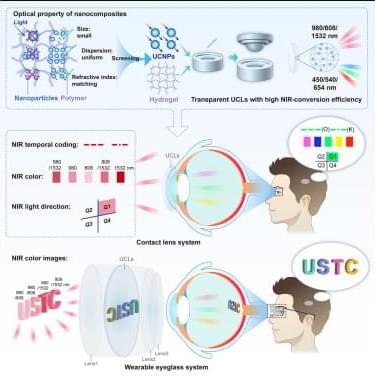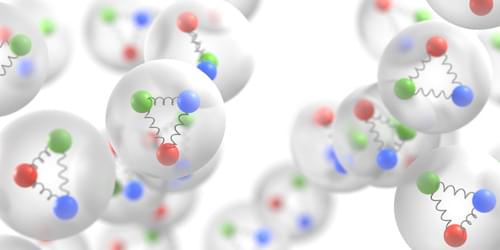Microsoft has developed an artificial intelligence (AI) model that beats current forecasting methods in tracking air quality, weather patterns, and climate-addled tropical storms, according to findings published Wednesday.
Dubbed Aurora, the new system—which has not been commercialized—generated 10-day weather forecasts and predicted hurricane trajectories more accurately and faster than traditional forecasting, and at lower costs, researchers reported in the journal Nature.
“For the first time, an AI system can outperform all operational centers for hurricane forecasting,” said senior author Paris Perdikaris, an associate professor of mechanical engineering at the University of Pennsylvania.



